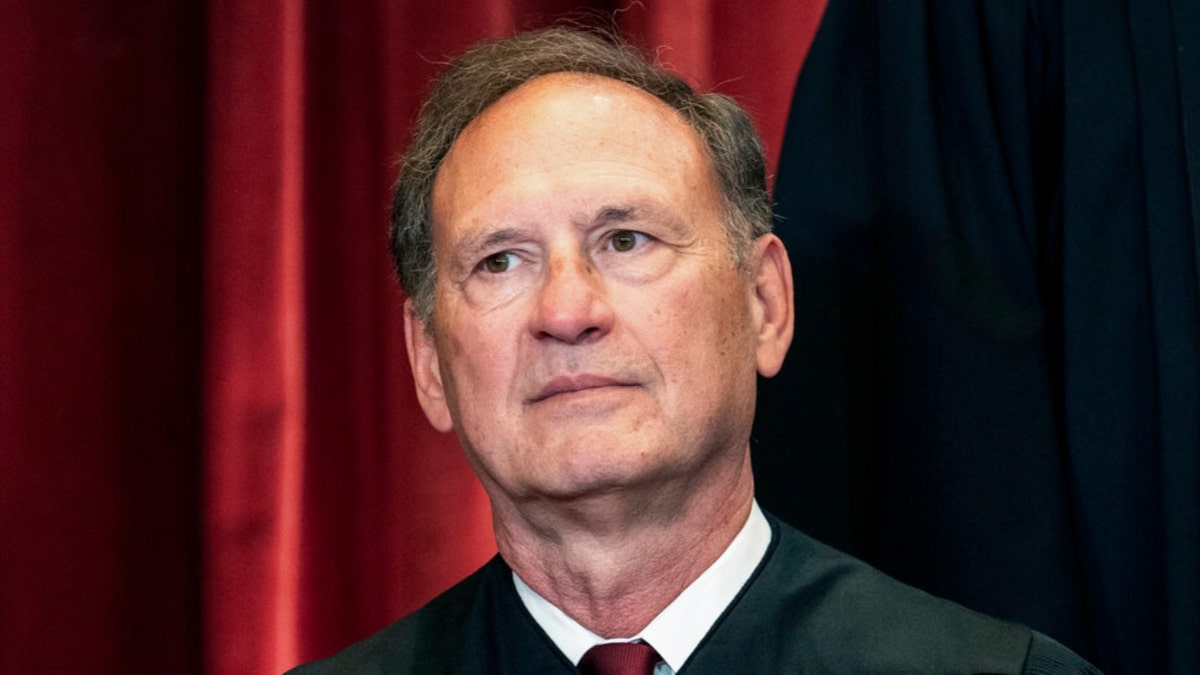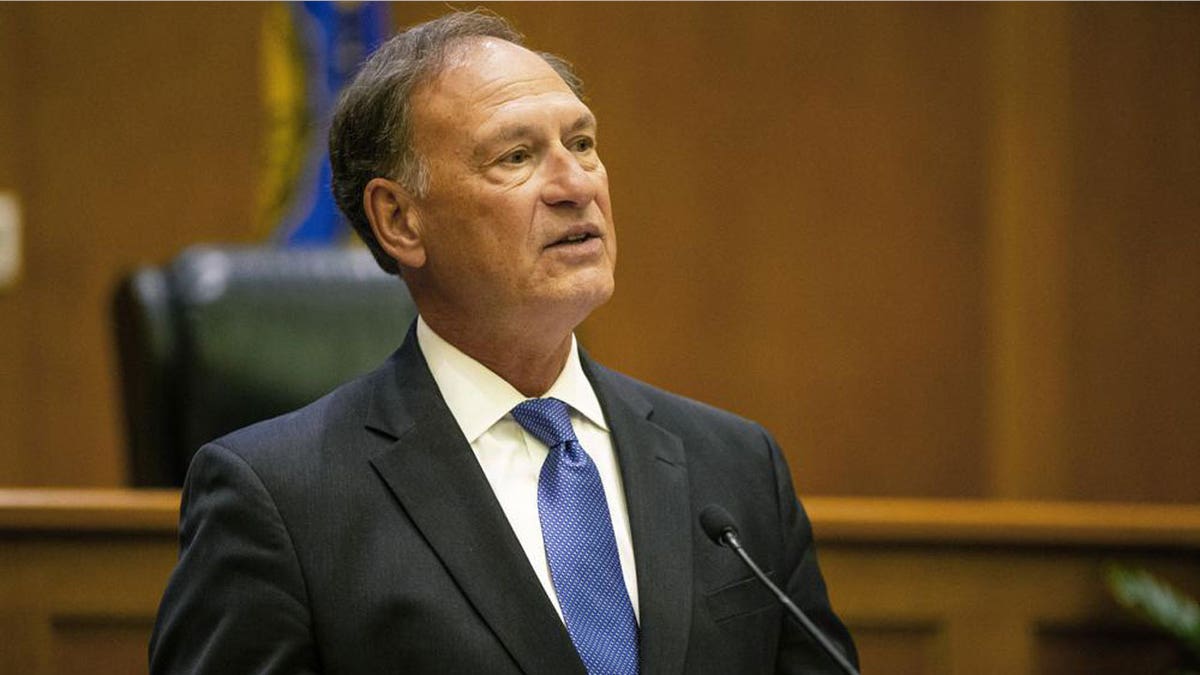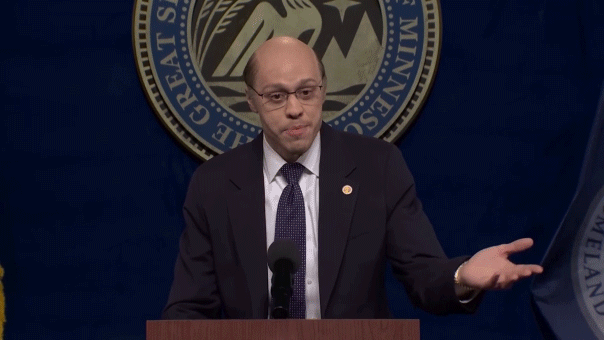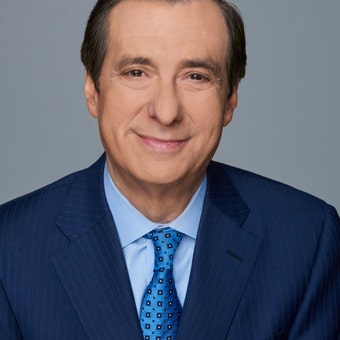Kevin McCarthy shreds CNN over ex-officials Andrew McCabe, James Clapper
'MediaBuzz' host Howard Kurtz, 'The Claman Coundown' anchor Liz Claman and 'Fox & Friends Weekend' co-host Will Cain discuss House Speaker Kevin McCarthy's attack on CNN and GOP rivals' onslaught against former President Donald Trump.
It’s a classic case of the press trying to play fair and the subject of the story having other ideas.
And in this case, the subject is a Supreme Court justice.
I can think of only a handful of times that this has happened, but it certainly makes the journalists feel screwed.
A central tenet of media fairness is to give the subject, especially on a negative story, a reasonable chance to reply. So the standard protocol is that you reach out, describe what you’re going to publish, and include what the subject wants to say.
TRUMP SAYS HE'LL BEAT INDICTMENT AS HUNTER BIDEN GETS SWEET PLEA DEAL

Supreme Court Justice Samuel Alito. (Erin Schaff/The New York Times via AP, Pool, File)
That’s what ProPublica reporters did in a story involving Justice Sam Alito. And he promptly burned them.
Oh, he gave a response all right – to the Wall Street Journal.
The paper’s conservative editorial page ran an op-ed by Alito defending himself, and before ProPublica’s piece was published. The not-so-subtle headline: "ProPublica Misleads Its Readers."
Alito must be congratulating himself on his preemptive strike, but given that the nonprofit news agency sent him questions last week, was that really fair? And should the Journal, which has criticized ProPublica as a left-wing outfit, have played along with this? The paper included an editor’s note that ProPublica had sent the justice the questions, but did not mention that its story had not yet run.
ProPublica is the same outfit that reported Clarence Thomas had accepted large sums from a billionaire pal in luxury vacations, real estate transactions and private school tuition, and failed to report them on his financial disclosure forms. Thomas has denied wrongdoing and said he would amend the forms.
One weakness in the Thomas story is there is no allegation that his wealthy friend, Harlan Crow, had any business before the high court.
But as the piece about Alito describes, that was not the case with his friend, hedge fund manager Paul Singer.
ProPublica reports that in 2008, Alito was in Alaska "at a luxury fishing lodge that charged more than $1,000 a day, and after catching a king salmon nearly the size of his leg, Alito posed for a picture. To his left, a man stood beaming: Paul Singer, a hedge fund billionaire who has repeatedly asked the Supreme Court to rule in his favor in high-stakes business disputes…
"He flew Alito to Alaska on a private jet. If the justice chartered the plane himself, the cost could have exceeded $100,000 one way."
The hedge fund had cases before SCOTUS at least 10 times, and Singer’s role drew media coverage. In one case, a battle between the hedge fund and Argentina, Alito did not recuse himself and voted in Singer’s favor with the 7-1 majority. The hedge fund eventually drew a $2.4 billion payout.
Alito did not disclose the Alaska fishing trip, as required by federal law.
So what is Alito’s defense, as published by the Journal?
Well, he denied that he had any obligation to disclose what he called the "hospitality" from Singer, calling the rules "vague." Alito said Singer was just an acquaintance and they spoke "only on a handful of occasions." He said he was unaware that Singer was a player in the cases before the court and that they never discussed his wealthy friend’s business interests.

The Supreme Court is seen at sundown in Washington, on Nov. 6, 2020. (AP Photo/J. Scott Applewhite, File)
KEVIN MCCARTHY SHREDS CNN OVER EX-OFFICIALS ANDREW MCCABE, JAMES CLAPPER
He said he recalled speaking to Singer on "no more than a handful of occasions."
In a statement, a Singer spokesperson told ProPublica that the billionaire didn’t organize the trip, didn’t know Alito would be a guest and "never discussed his business interests" with the justice.
In the Journal, Alito wrote: "I stayed three nights in a modest one-room unit at the King Salmon Lodge, a comfortable but rustic facility." As for the story’s assertion that Alito’s party was served $1,000-a-bottle wine, he says he can’t recall whether he drank wine but it certainly wasn’t that expensive.
As for the hedge fund cases, "it was and is my judgment that these facts would not cause a reasonable and unbiased person to doubt my ability to decide the matters in question impartially."
What’s more, there was nothing wrong with getting on the jet because otherwise the seat would have gone unoccupied.
The justice makes some decent points, others sound like a stretch. But why couldn’t he have provided his side to ProPublica?

Supreme Court Justice Samuel Alito addresses the audience during the "The Emergency Docket" lecture Thursday, Sept. 30, 2021 in the McCartan Courtroom at the University of Notre Dame Law School in South Bend, Ind. (Michael Caterina /South Bend Tribune via AP)
Alito had his stay comped by Robin Arkley II, a major donor to Republican legal causes, who bought the fishing lodge and listed the justice as a guest.
The earlier stories on Thomas sparked a public debate over whether the Supreme Court needs stricter ethics rules, or at least enforcement of the existing ones.
SUBSCRIBE TO HOWIE'S MEDIA BUZZMETER PODCAST, A RIFF ON THE DAY'S HOTTEST STORIES
Singer, chairman of the Manhattan Institute, has contributed more than $80 million to GOP organizations. He has twice provided flattering introductions of Alito, who wrote the decision striking down Roe v. Wade, before conservative groups.
CLICK HERE TO GET THE FOX NEWS APP
Justin Elliott, the lead ProPublica reporter, told the Washington Post that the Supreme Court had informed the organization that Alito would have no comment. "It was surprising to see the op-ed publish several hours after that," he said, "but we’re happy to get substantive engagement with our questions in any forum."









































